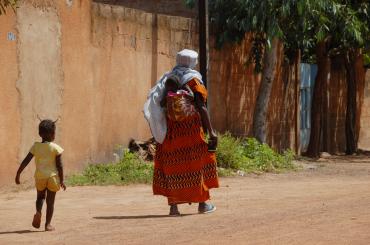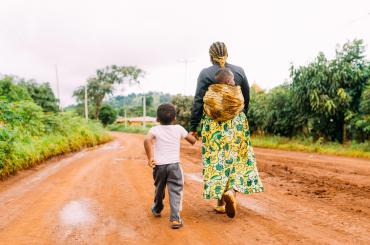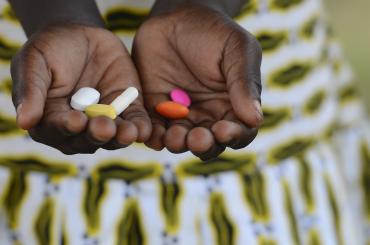
fertility
-

Free contraception had no impact on birth rates in Burkina Faso
Providing free access to all modern contraceptive products for three years in local public health centres in rural Burkina Faso had no detectable effect on birth rates, suggesting that fertility levels are in line with how many children families want...
-

How development programmes impact fertility rates in Africa
New causal evidence shows boosting African women's income and wealth increases fertility, particularly among women without a son, suggesting that this fertility increase is a means to safeguard long-term economic security.
-

The long-term effects of conditional cash transfer programmes: Evidence from Colombia
Conditional cash transfer programmes can have long-term benefits by reducing crime, lowering adolescent fertility and increasing school attendance as well as formal employment.
-

How old-age pensions impact fertility choices: Evidence from Namibia
The extension of social pensions in Namibia in the 1990s led to a rapid, substantial decline in fertility
-

Bursting the bubble of population growth: Evidence from sub-Saharan Africa
The bulk of this century’s population growth lies in the exceptionally high demand for children of poorer households in sub-Saharan Africa
-

Fertility and polygyny in rural Burkina Faso
Women have a stronger preference for contraceptive vouchers than their spouses in monogamous households, but a weaker preference in polygynous ones
-

The power of edutainment: Evidence from Brazil and Nigeria
Telenovelas in Brazil helped reduce fertility rates, while an MTV drama increased knowledge about HIV in Nigeria and encouraged safer sexual practices
-

What does the decrease in child mortality really mean?
A decline in child mortality in America led to substantial changes in women’s choices and behaviour
-

Reducing fertility in sub-Saharan Africa
Why do we still see very high fertility rates in Zambia when women want to have fewer children and are open to the use of contraceptives?